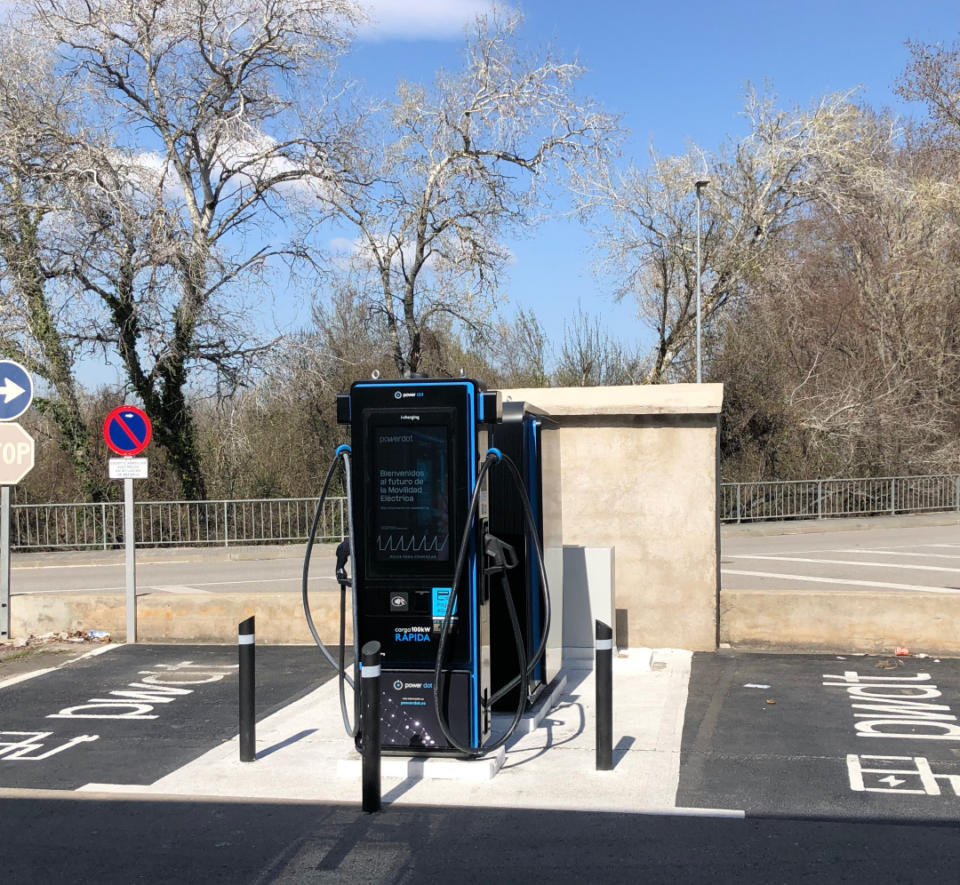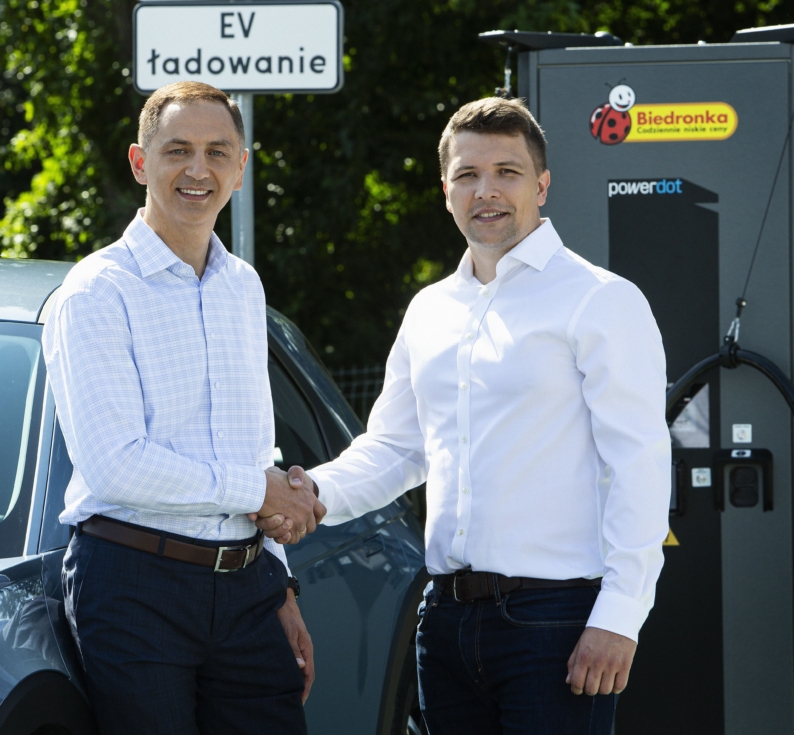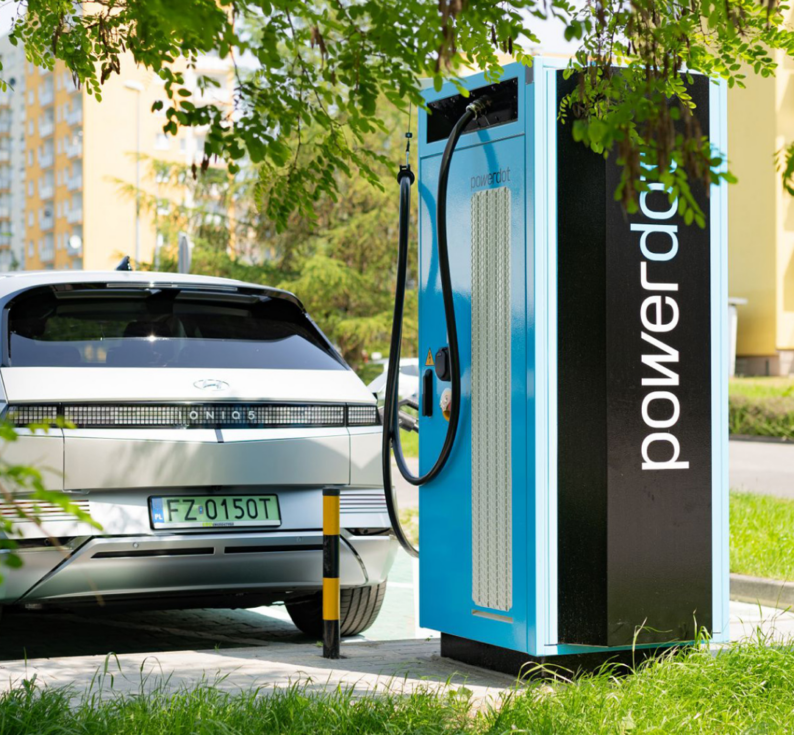Europe has made remarkable progress in expanding its electric vehicle (EV) charging infrastructure, with thousands of public charging points already operational across the continent. Operators like Powerdot, in collaboration with retailers, mobility providers and local authorities, have played a vital role in building a strong and accessible network.
Now, as coverage becomes more robust, the focus is shifting towards improving the overall charging experience. It’s no longer just about where to charge, but how to make the process smarter, smoother, and better integrated into daily life.
This is where generative artificial intelligence enters the picture. As a transformative technology, it enables new levels of personalisation, automation and intelligence, putting the driver at the centre and paving the way for a more efficient, convenient, and sustainable future of mobility.
Also read → Why Installing EV Chargers is the Right Decision for Your Business
EU Infrastructure Challenges: A Snapshot
Despite progress in deployment, the EV charging experience remains inconsistent across Europe. An EU Court of Auditors report found that nearly 70% of charging points are concentrated in just three countries: the Netherlands, France, and Germany, leaving many regions underserved. As of late 2023, the EU had about 632,000 public charging points, but to meet 2030 targets, we need more than 3.5 million, with annual installation rates increasing eightfold.
Regulatory complexities, permitting delays, and grid connection bottlenecks further hamper deployment, delaying the deployment of crucial infrastructure by up to two years in some cases.
Also read → Why Installing EV Chargers is the Right Decision for Your Business
How Generative AI Enhances the EV Charging Experience
Generative AI is beginning to transform the EV charging experience by handling multiple touchpoints. Here’s how:
-
Personalised Charging Recommendations
AI-powered systems can analyse an EV owner’s driving patterns, battery usage, and charging preferences to provide personalised recommendations for the optimal charging locations, times, and durations. This ensures that each charging session is tailored to the driver’s specific needs, maximising efficiency and convenience.
-
Seamless Payment and Billing
AI-powered charging platforms can streamline the payment and billing process, eliminating the need for multiple apps or accounts. Drivers can simply authenticate their identity, and the system will handle the entire transaction, providing a frictionless and secure charging experience.
Also read → Revolutionising EV Charging: Powerdot’s Autocharge Expands Across Europe with Chargemap
-
Predictive Maintenance and Diagnostics
AI algorithms can analyse data from EV charging stations to predict maintenance needs, identify potential issues, and proactively schedule service, ensuring that the charging infrastructure is always reliable and up-to-date.
-
Adaptive Charging Optimisation
By leveraging real-time data and machine learning, AI-powered charging systems can dynamically adjust charging rates, power distribution, and load balancing to optimise the overall charging experience, reducing wait times and maximising the efficiency of the charging network. A study by the Electric Power Research Institute (EPRI) found that adaptive charging optimisation can increase the utilisation of EV charging stations by up to 25%.
-
Enhanced Multilingual Support and Accessibility
Generative AI enables dynamic, real-time translation of interfaces, instructions, and support chat, helping international drivers navigate EV charging stations with ease. This is particularly important across the multilingual landscape of the EU, improving accessibility and user satisfaction.
You might also like → The Green Transition: The Rise of Electric Vehicles in Commercial Fleets Across Europe
The Future of EV Charging with AI Generative Tech
As AI generative technology continues to evolve, the potential for enhancing the EV charging experience is limitless. Imagine a future where your EV can automatically navigate to the nearest available charging station, initiate the charging process, and handle all the necessary payments and billing. All without any manual intervention. This seamless and intelligent approach to EV charging will not only improve the user experience but also contribute to the widespread adoption of electric vehicles, ultimately driving us closer to a more sustainable transportation future.
Conclusion
The integration of AI generative technology into the EV charging ecosystem is a game-changer, transforming a once cumbersome process into a seamless and personalised experience. By addressing the pain points of traditional EV charging, this innovative approach paves the way for a more efficient, convenient, and user-friendly future for electric vehicle owners. As the EV industry continues to evolve, the impact of AI generative tech on the EV charging experience will undoubtedly be a driving force behind the widespread adoption of electric vehicles.










